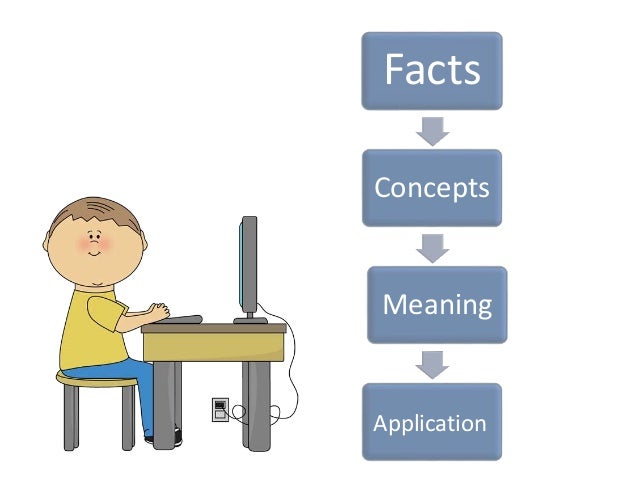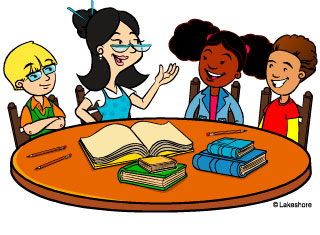
"Complex learning cannot be assessed or evaluated using
any single measure. We must examine both the processes and products of student
learning."
- In a
constructivist classroom, learning transcends memorization of facts.
- It is
putting these isolated facts together, form concepts and make meaning out
of them.
- It is
connecting the integration of these facts and concepts to daily
life.
- It is
seeing the relevance of these facts and concepts to what we value and
treasure in life.

Authentic Assessment is most appropriate for the
constructivist classroom
- Authentic
assessment measures collective abilities, written and oral expression
skills, analytical skills, manipulative skills, (like computer skills)
integration, creativity and ability to work collaboratively.
- It is
from the word "authentic," that is why authentic assessment
includes performance or product assessment.
- The
performance and product is a proof of the acquisition of skills. These
performance and product are assessed.

We need to observe and evaluate and to do it more
objectively, with the aid of a scoring rubric.
- You
and your students may develop a rubric. It can be a collaborative effort
both of you – teacher and students – in line with the practice of
self-assessment, which is highly favored and encouraged.
- In
fact with scoring rubric, standards are clearly set at the beginning for
you and your students and with that rubric your students can assess their
own performance or products.

Assessment in a technology-supported environment
necessarily includes display of skillful and creative use of technologies, old
and recent, because that is what is naturally expected of us in the real world,
a technology-dominated world.

These presentations need performance-based assessment or
product assessment. It is a direct assessment. It measure their computer skills
directly in an authentic or real-life setting.
- A
technology-supported classroom maximizes the use of old and new
technology.
- To
assess their manipulative skill, we conduct direst assessment with the
help of a scoring rubric.
- From
the eyes of a constructivist, learning is an active, constructive,
intentional, authentic and cooperative process, so should the ways in
which we assess learners and criteria that we use to evaluate them.
- Assess
learning as it is occurring. This is process or performance assessment.
- The
rubric for understanding and improving meaningful environment can
give an idea.
1. Assessing Activity


2. Assessing Construction

3. Assessing Cooperative


4. Assessing Authenticity

5. Assessing Intentionally

- The
traditional paper-and-pencil tests are not adequate to assess learning in
a constructivist technology-supported learning.
- The
authentic forms of assessment such as performance and product assessment,
are more reliable and adequate to measure students’ communication,
analytical, integrative, evaluative and collaborative skills.
- In a
technology-supported learning environment, the students are not only users
of technology product, they themselves are authors of technology product.
- Scoring
rubrics are, therefore, a must in assessment.
Walang komento:
Mag-post ng isang Komento